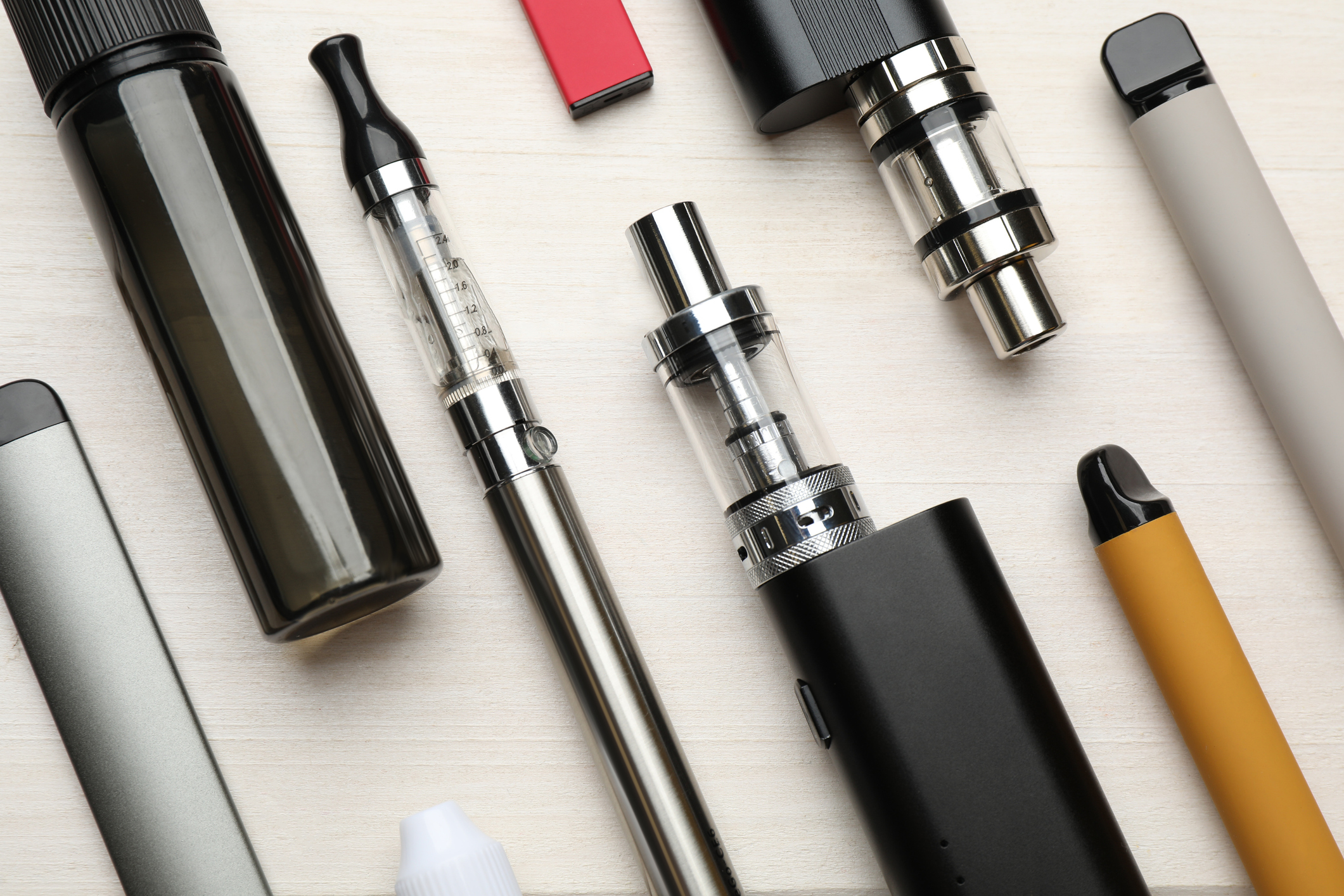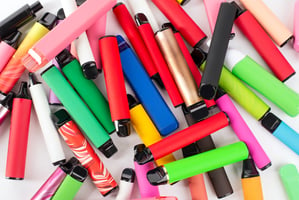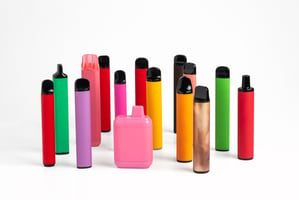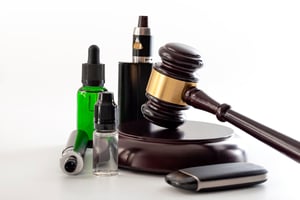The last few weeks have seen vaping in the spotlight in the UK. Although it is officially VApril, nobody would have predicted the number of media column inches that would be dedicated to the sector...
Supporting next-gen nicotine compliance through VApril
Nicotine

Apr 15, 2024 | Published by Broughton
Nicotine, Events
Smoking costs the UK economy and wider society £17 billion a year, costing the NHS and social care £3 billion, and cigarettes are responsible for 64,000 deaths a year in England alone, according to UK Government figures. Almost 4.5 million people in Britain have used vaping to cut down on or completely stop smoking — it is among the most effective stop-smoking tools available.
The UK Vaping Industry Association (UKVIA) marks this month as VApril, its campaign to help smokers quit combustible cigarettes. To achieve this at a wide scale, manufacturers must ensure their products are compliant, safe, and appeal primarily to adult smokers. Here we explore how the market is changing and where manufacturers could go from here.
Promoting vaping is one of the “critical must dos” laid out by the UK Government as part of its aim to push smoking below five percent by the end of this decade. The latest evidence from the Office for National Statistics (ONS) shows that 12.9 percent of people in the UK smoke, the lowest since records began in 2011. This has not been without its challenges, and the UK Government’s ban on single-use vapes in 2025 means a balance must be struck between preventing easy access for young people and ensuring an accessible alternative to combustible cigarettes.
An ever-changing market
Looking back to April last year, the vaping industry was in the midst of a media storm about non-compliant products. To help the industry, Broughton launched its vape compliance package and created a guide to spotting illicit products in a bid to restore consumer confidence. The UK Government also pledged to create an ‘illicit vapes enforcement squad’ backed by £3 million worth of funding. From April this year, the Government has pledged £30 million of additional funding each year to help tackle illicit trade.
Over nine months between November 2022 to July 2023, we tested 1,819 individual e-cigarettes against Tobacco Products Directive (TBD) regulations. Though most products throughout the study were compliant with the nicotine concentration limit of 20 mg/ml, the average e-liquid volume across all products tested was 2.52 ml. The average liquid volume for the 855 volume non-compliant products tested was around 3.1 ml per pod.
Interestingly, the percentage of non-compliant samples by month has drastically decreased since April last year. In February 2023, only 12 percent of products tested were compliant. This had grown to 100 percent of products by May 2023. Increased due diligence from manufacturers and larger retailers conducting independent nicotine testing of the liquid volumes and nicotine concentrations in disposable vapes has helped to keep compliance rates high.
Following the Government’s plan to ban single-use vape products from 2025, the market faces fresh uncertainty — but also opportunity. New products may emerge, heated tobacco may become more popular, and a surge in modern oral nicotine pouch (MONP) usage is possible. Now is a good time to start working with a reliable scientific and consultancy partner to ensure nicotine compliance.
To learn more about Broughton’s commitment to a smoke-free future, and how our team could help, contact us today.


